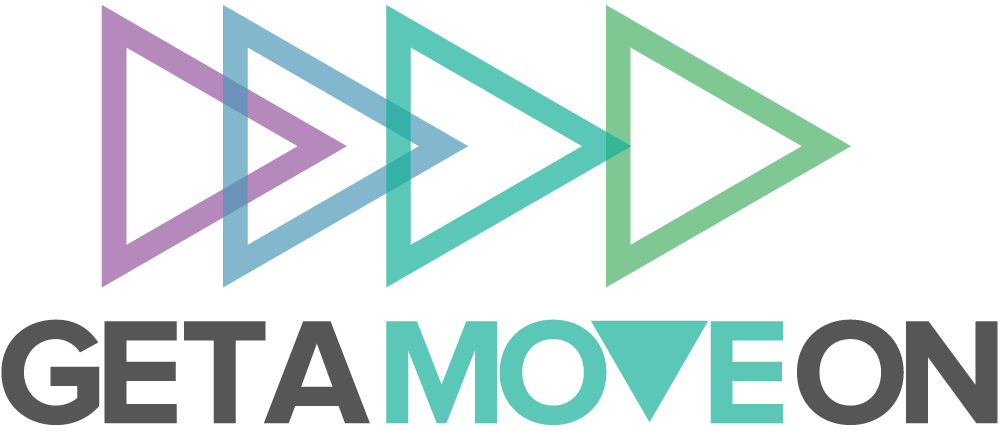Policy and practice
Written evidence submitted to the National Plan for Sport and Recreation Committee
Lords Select Committee Inquiry: A National Plan for Sport and Recreation
Submitted by Professor Anna L Cox (University College London) on behalf of the GetAMoveOn Network+ on 28th January 2021
The GetAMoveOn Network+ is an interdisciplinary network of researchers and practitioners, led by Professor Anna Cox (UCL) funded by an EPSRC grant (EP/N027299/1). Our aim is to enhance understanding of how digital technologies and technology-based interventions can help people to lead more active lives. As a ‘Network Plus’ part of our role is to fund other research groups to carry out research that furthers our aims. The findings of some of the research we have funded are particularly relevant to the Committee’s desire to understand how adults of all ages and background can be encouraged to lead more active lifestyles, and provide examples of success stories and good practice. We therefore responded to Question 3 in the Committee’s Call for Written Evidence: How can adults of all ages and backgrounds, particularly those from under-represented groups, including women and girls, ethnic minorities, disabled people, older people, and those from less affluent backgrounds, be encouraged to lead more active lifestyles? If possible, share examples of success stories and good practice, and challenges faced.
Download the written evidence: How can adults lead more active lifestyles?
Parliamentary evidence December 2020
Written evidence submitted in collaboration with the eWorklife team, to the UK Parliament Lords’ Select Committee COVID-19 Committee Inquiry, “Living online: the long-term impact on wellbeing”.
Submitted by the eWorklife research group: Professor Anna L Cox a, Dr Sandy JJ Gould b, Dr Marta Cecchinato c, Dr Joseph Newbold c, Dr Anna Rudnicka a, and David Cook a to the House of Lords COVID-19 Committee Inquiry: Living online: The long-term impact on wellbeing
a University College London
b University of Birmingham
c Northumbria University
Between 20th April 2020 and 24th September 2020, we surveyed 426 individuals who started working from home as a result of the Covid-19 pandemic. We also conducted 25 follow-up interviews. This helped us achieve an in-depth understanding of the challenges that new home workers are experiencing, and the impact that this has on workers’ wellbeing.
We found that working from home differs from working in the office in many respects that have the potential to affect workers’ physical and mental health. The issues arising are unlikely to be solved solely on the part of the workers and require urgent attention and support from employers and policymakers. Therefore, we are responding to the Committee’s call for evidence and responding to questions outlined in the ‘Work’ section in the Terms of Reference.
Download the written evidence - living online
Written evidence to UK Parliament: The Impact of Coronavirus on Business and Workers
Submitted to the UK Parliamentary Business, Energy and Industrial Strategy Committee, in response to the evidence call, “The impact of coronavirus on businesses and workers” August 2020.
Written evidence submitted in collaboration with the eWorklife team, addressing the impact of the Covid-19 lockdown on people's wellbeing, including physical activity.
The lockdown instituted as a result of the Covid-19 pandemic forced many people in the UK to work from home (remotely). Adapting to remote work and developing effective remote work habits takes time; however, many people had to shift from offices to homes abruptly. Our research shows that these neophyte remote workers experience many challenges.
It is likely that as a result of the Covid-19 pandemic many workers will not return to offices in the foreseeable future and will continue working remotely whilst others will alternate between office and home. In light of this, employers and policymakers need to provide the right support for these workers to protect their wellbeing and productivity and avoid potential ill health or burnout.
Download the written evidence - impact on business and workers
Policy briefing: Enabling Better Health for All
The government's green paper published in July 2019 Advancing our Health: prevention in the 2020s sets out the government’s strategy for putting health prevention and digitally-enabled services at the heart of healthcare. This is our response. In this briefing document Enabling better health for all: the role for digital technologies to help people move more and stay healthier for longer we:
- Outline the central role played by physical activity in primary prevention of a wide range of chronic health conditions and as a tool for achieving the government’s objective of ‘better health for all’.
- Demonstrate some of the ways in which technology can successfully support physical activity.
- Identify the features and characteristics that make interventions effective and provide guidance for commissioners, service providers, clinicians and social prescribing link-workers.







